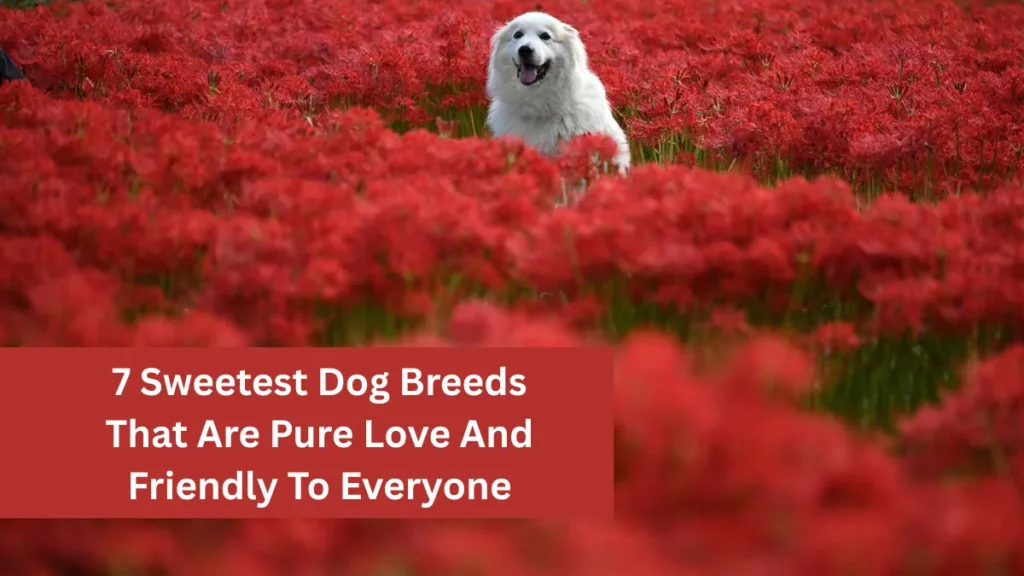While dogs are famously known as man’s best friend, not every breed is suited for every lifestyle or household. Some dogs come with unique challenges—whether it’s their size, temperament, or specific care needs—that can make them difficult to manage, especially for first-time owners or families with young children.
In this article, we’ll take a closer look at seven dog breeds that require special consideration before bringing them into your home. Understanding their characteristics can help ensure a safe and happy environment for both you and your furry friend.
1. Wolf Hybrid
Wolf hybrids, bred from wolves and domestic dogs, are captivating for their wild looks and untamed spirit. However, they are not typical pets. Their strong territorial instincts and independent nature make them hard to train and often unpredictable.
They need vast spaces to roam and require intense daily exercise. Their high prey drive and potential aggression toward strangers or other animals pose risks. Moreover, legal restrictions in many areas can complicate ownership. Wolf hybrids demand an experienced owner who fully understands their unique behaviors and needs—something many cannot provide.
2. Chow Chow
Famous for their thick, lion-like mane and dignified demeanor, Chow Chows are known for their independence and stubbornness. Unlike many breeds, they are less eager to please, which makes training a challenge—especially for beginners.
Chow Chows are territorial and protective, sometimes leading to aggression if not properly socialized. Health-wise, they can face issues like hip dysplasia and breathing difficulties. Their dense double coat requires regular grooming to prevent matting. Though independent, they often form strong attachments to their families and can suffer from separation anxiety when left alone.
3. Dalmatian
Dalmatians are energetic and eye-catching with their distinctive spots, but they come with high exercise demands. Without ample physical and mental stimulation, they can become destructive and hard to manage.
Their exuberance might overwhelm young children or seniors, as they sometimes unintentionally knock people over. Health concerns such as deafness and urinary stones are common, and their stubborn streak can complicate training. Dalmatians also may show aggression toward other dogs without proper socialization, making them better suited to experienced owners.
4. Akita
Akitas are large, powerful, and fiercely loyal dogs. Their territorial nature means they can be aggressive toward strangers and other animals without early and consistent socialization.
They tend to be independent and strong-willed, requiring firm, experienced handling. Their size and strength can be challenging for novices, and without clear leadership, Akitas may develop destructive habits. They also shed heavily and need regular grooming. Due to their dominant personality, Akitas are best matched with owners who understand their needs and can provide proper training.
5. Alaskan Malamute
Originally bred for heavy hauling in harsh climates, Alaskan Malamutes are strong, independent dogs with a stubborn streak. Their strong prey drive means they may chase smaller animals, and they need plenty of exercise to prevent boredom-related behaviors.
Malamutes are also vocal, known for howling and barking, which can be problematic in some neighborhoods. Their thick coat requires regular grooming and sheds heavily, especially seasonally. While generally good with families, they need owners who are experienced and prepared to manage their willful nature.
6. Rottweiler
Rottweilers are confident and powerful, capable of being loyal and affectionate companions—but they require experienced, firm owners. Their protective instincts can sometimes lead to aggression if they’re not well socialized and trained.
They may view strangers and other animals as threats, so consistent training and socialization are essential. Rottweilers have high energy levels and need regular exercise to stay balanced. They are also prone to health problems like hip dysplasia and heart issues. With proper care and training, Rottweilers can thrive but aren’t ideal for first-time dog owners.
7. Caucasian Shepherd Dog
The Caucasian Shepherd Dog is a massive breed bred for guarding livestock, and their protective instincts remain strong. Their size and natural wariness of strangers make them unsuitable for most family homes.
They require a confident, experienced owner who can handle their assertive personality and ensure proper socialization. Without it, they risk developing dangerous territorial aggression. These dogs also need regular exercise and mental engagement. Their thick coat demands frequent grooming to prevent mats and manage shedding. Given their needs and temperament, Caucasian Shepherds are best for seasoned owners.
Final Thoughts
Choosing the right dog breed is essential to ensure a harmonious life for both pet and owner. While all dogs deserve love and care, some breeds come with unique challenges that demand experience, time, and commitment.
If you’re a first-time dog owner or have a busy lifestyle, breeds like the Wolf Hybrid, Akita, or Rottweiler may not be the best match. Understanding each breed’s temperament and needs can help you find a companion that fits your home and lifestyle, paving the way for a happy, healthy relationship.
FAQs
Why are Wolf Hybrids not suitable as pets?
Wolf Hybrids inherit wild traits that make them unpredictable and difficult to train, requiring specialized care and extensive exercise.
Are Chow Chows aggressive?
While not inherently aggressive, Chow Chows can be aloof, territorial, and require careful socialization to avoid aggressive behavior.
Do Dalmatians make good family pets?
Dalmatians need a lot of exercise and training; without proper care, they can develop destructive behaviors.
Why is the Caucasian Shepherd Dog not a good pet for most owners?
Their large size, powerful nature, and territorial instincts make them challenging to handle without experience in managing dominant breeds.


